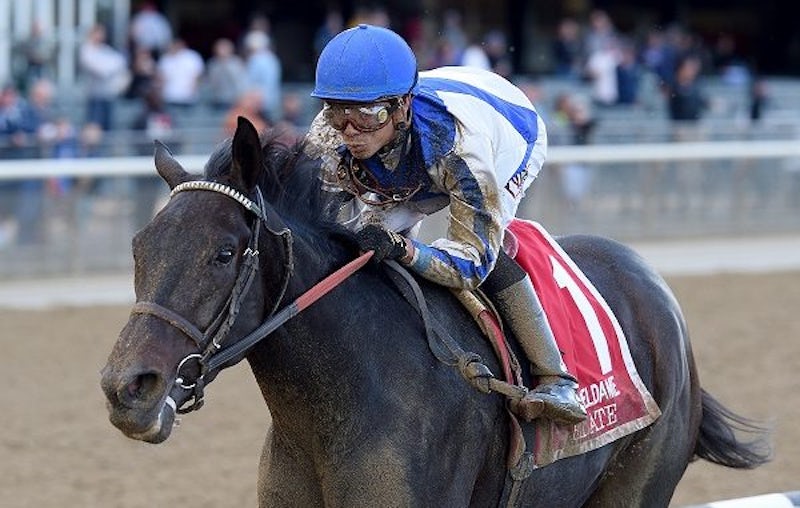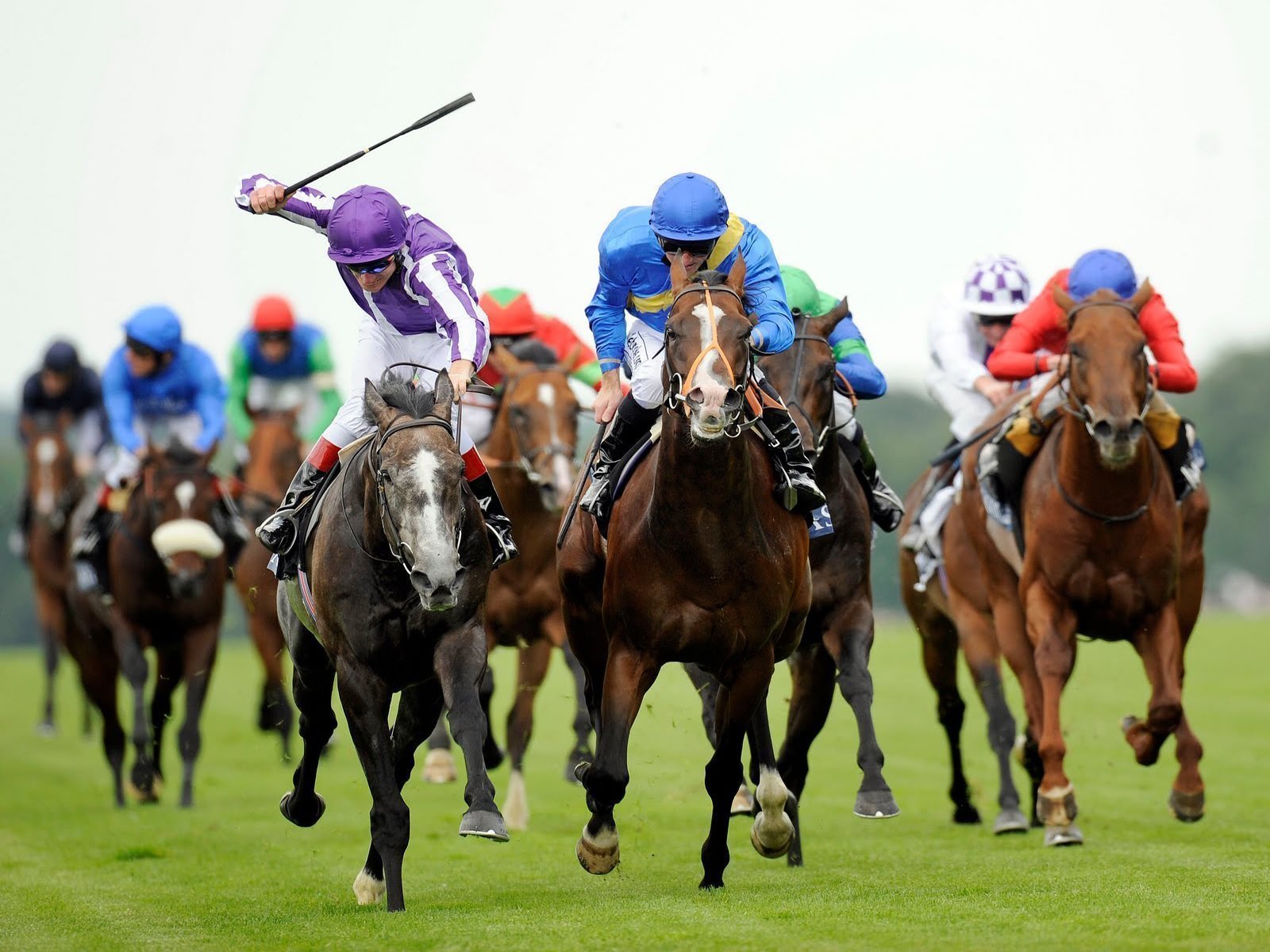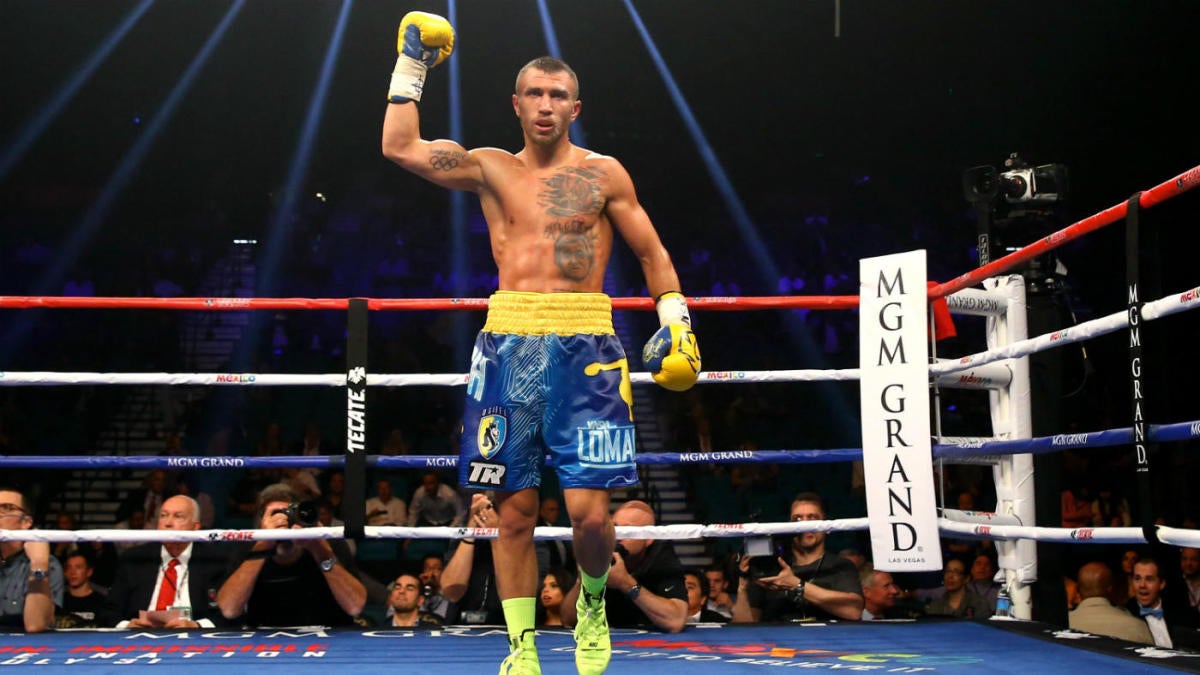Trifecta betting is where you choose three or more horses in a wager to fill the first three places in the same race. It is also called a tricast or triactor. It is an exotic bet and similar to exactas but with the addition of an extra place. The favorite figures to finish in-the-money and a long odds horse figures to finish in-the-money as well. This will generally be a playable Trifecta.
- How To Bet On A Trifecta
- How To Bet A Trifecta Wheel In Horse Racing
- Online Horse Wagering Sites
- Best Trifecta Bet
In horse racing, a trifecta bet is a wager that names the top three finishers in order. It's known as an 'exotic' bet in many circles since it requires the identification of more than one finisher. The most traditional ticket only wins if the three named horses finish in the exact order set out by the better. There are some variations, though; people can often put a bet on three or more horses generally, meaning that if the named animals finish in the top three at all, regardless of their specific order, there’s a payout. Most of these bets are placed with what’s known as a “box” or a “wheel.” These tend to have a greater likelihood of success than a straight ticket, but are usually also less lucrative. In most cases, people only place this sort of bet in any of its forms if they’re very confident about a race’s outcome.

Basics of the Bet
Betting a trifecta requires the identification of the top three finishers before a given race begins. In horseracing the first finisher is usually said to “win”; the second finisher will “place”; and the third finisher will “show.” This terminology is important and is usually indicated on the betting ticket. A standard trifecta will name a single horse for each category, and only wins if the horses finish in exactly that order. Guessing a correct finishing order is usually challenging, and this sort of bet is hard to win. When it is won, though, the payouts can be quite large — though a lot of this depends on how many other people placed bets on the same combination.

Variations
Betting a straight ticket isn’t the only way to place this sort of wager. Many racetracks offer box and wheel betting systems, too, which typically offer a bit more flexibility. In these instances, betters can name the horses they think will win, place, and show but they don’t have to set out the precise order. This sort of ticket will win so long as the top three actually end up the top three, in any combination. Some wheels and boxes also allow for alternates or “wild card” slots that any horse can fill, but a lot of this depends both on how many horses are racing and the specific rules of the track.
Wagers and Payouts
Most tracks charge a flat fee for each trifecta placed. The least expensive ticket is usually the straight ticket. Prices can be inflated depending on the importance of the race or the rules of the track, but the cost is usually moderate; in the United States, for instance, it’s common for this sort of ticket to cost $2 USD. The price usually escalates the more possibilities there are. In a box bet that will cover any combination of three finishing horses, for instance, the cost is usually 6 times that of the original because, in essence, the person is placing bets on six separate trifectas. The odds of winning this sort of ticket are better, but the initial payment is more, too.

How much a winning ticket will be worth is hard to predict, and is usually a matter of how many other bets were placed and how many others also picked the same horses. Combinations that seem initially unlikely and thus don’t get many bets usually pay the best if they happen. On the other hand, races where the winners are more or less predictable from the outset tend to deliver less, since the pot is usually divided between many more winning tickets in these cases.

The number of horses racing can also change the payout. Large races with eight or more horses tend to be the most lucrative, since the more horses there are the harder it is to identify the top three. Most tracks won’t let people place these sorts of bets if there are six or fewer horses racing.
Common Strategies
Placing this sort of bet isn’t usually something people do as a game of chance or luck. More often, it’s the result of careful studying; betters look for inside information or look for an edge that will help them make a better guess when it comes to which horse or horses will turn out on top. People sometimes use software programs and computer algorithms to help identify likely winners and races where the payouts are likely to be the highest.
Betting on a horse race for the first time — even the first few times — can be an intimidating endeavor. What are all of these options? Here’s all the lingo you need to know before you place your first bet:
The Basics
Winbet – A bet on a horse to finish first.
Place bet – A bet on a horse to finish first or second.
Show bet – A bet on a horse to finish in the money; third or better.
In the money – A horse that finishes first, second, or third.
Across the board – A bet on a horse to win, place, and show. If the horse wins, the bettor collects three ways; if second, two ways (place, show); and if third, one way, losing the win and place bets. It’s actually three bets.
Morning line – The odds that the track handicapper predicts a horse will go off at.
Ready for the Next Step?
Exotic (bet) – Any bet other than win, place, or show that requires multiple combinations. Examples of exotic wagers are exacta, trifecta, Pick 6, Pick 4.
Daily Double (or Double) – Type of bet calling for the selection of winners of two consecutive races.
Exacta – A wager in which the first two finishers in a race, in exact order of finish, must be picked.
Box – A betting term denoting a combination bet whereby all possible numeric combinations are covered for certain horses.
How To Bet On A Trifecta
Exacta box – A wager in which all possible combinations using a given number of horses are selected. For example, an exacta box using horses 2,4,6 would produce a winning ticket if any two of those three horses finished first and second, regardless of the order (2-6, 4-2, 6-4, etc.).
Quinella – Bet in which the first two finishers must be picked in either order.
Trifecta – A bet in which the first three finishers must be selected in exact order.

Trifecta box – A trifecta wager in which all possible combinations using a given number of horses are bet upon.
Pick (6 or other number) – A type of multi-race bet in which the winners of all the included races must be selected. Pick 3, Pick 4, Pick 5, Pick 6 are commonly used by tracks in the United States.
Brush Up on Gambling Lingo
Bounce – A racehorse’s especially poor performance on the heels of an especially good one.
How To Bet A Trifecta Wheel In Horse Racing
Chalk – Betting favorite in a race.
Chalk player – Gambler who wagers on favorites.
Key horse – A single horse used in multiple combinations in an exotic bet.
On the board – Finishing among the first three.
On the nose – Betting a horse to win only.
Online Horse Wagering Sites
Overlay – A horse whose odds are greater than its potential to win. Professional bettors target overlays, meaning they target bets that offer better than fair value odds.
Best Trifecta Bet
Underlay – A horse whose odds are less than than his potential to win. Betting horses whose odds are worse than fair value is a poor strategy.
Parlay – A multi-race bet in which all winnings are subsequently wagered on a succeeding race.
Speed Figure – A metric that rates a horse’s performance in a race, which is determined by a combination of the horse’s performance and the level of competition he/she competed against.
Wheel – Betting all possible combinations in an exotic wager using at least one horse as the key.